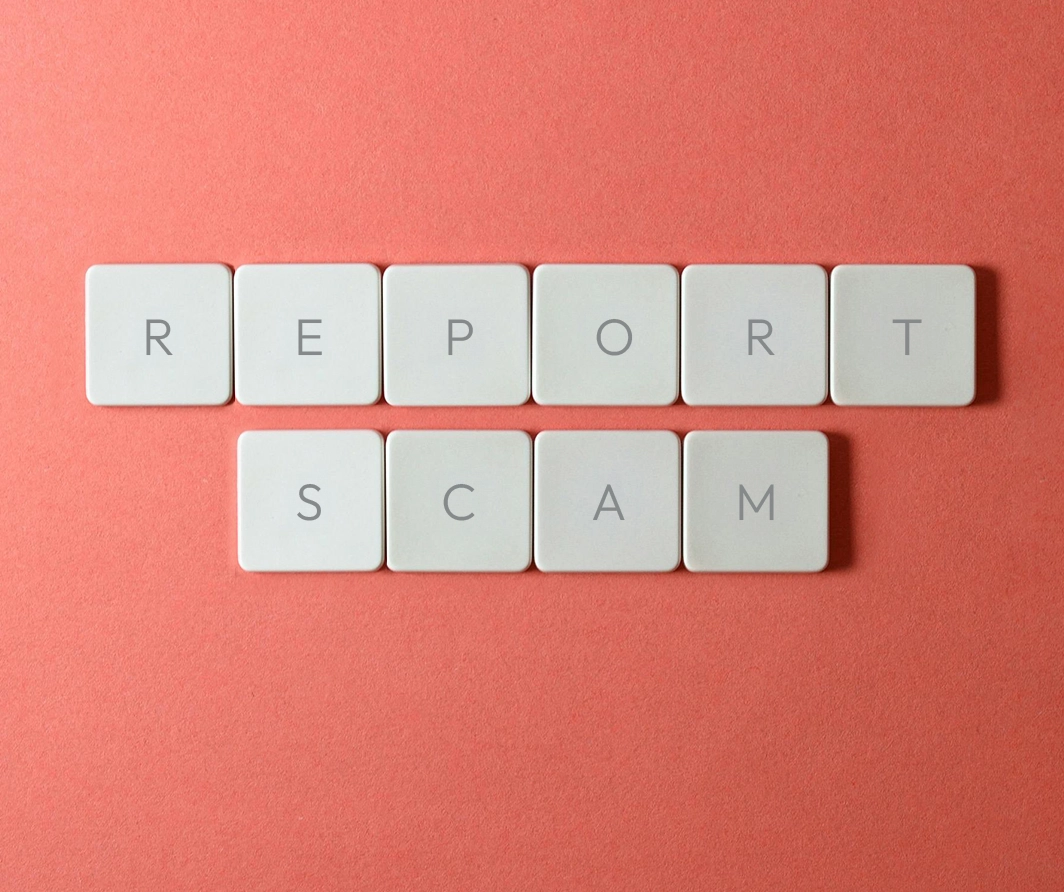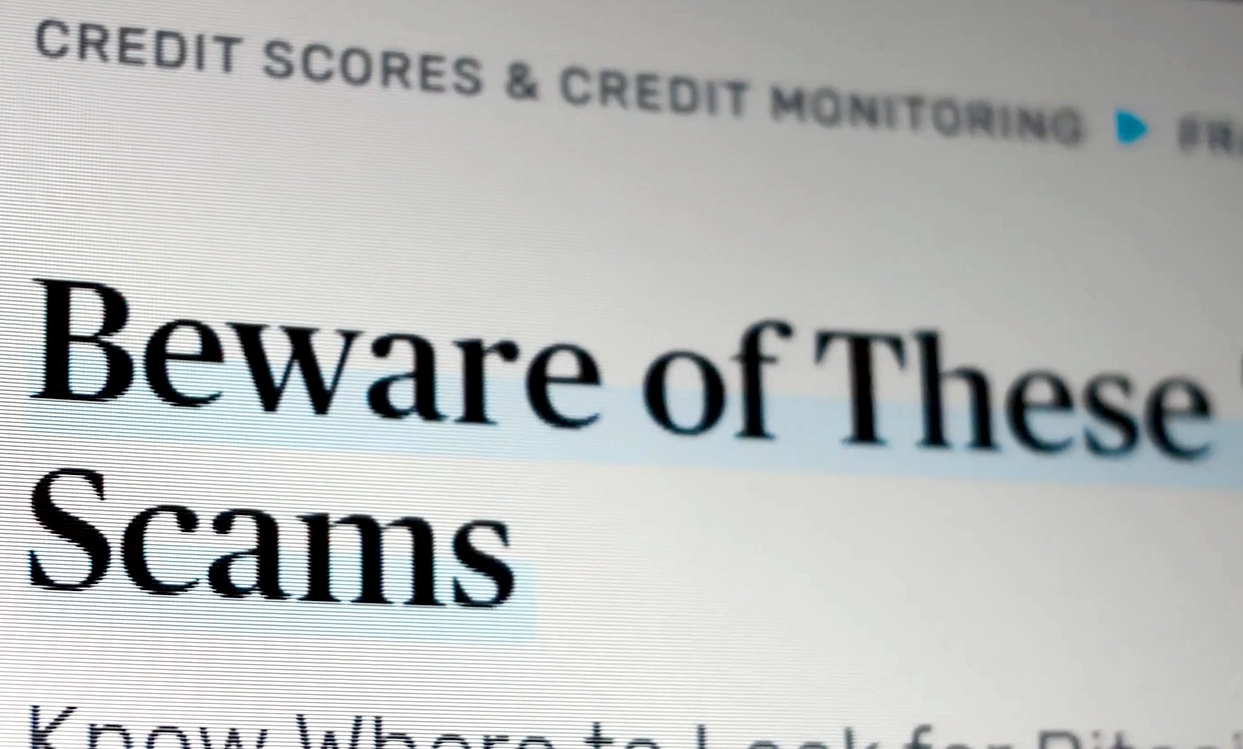Have you sent money or financial info to a scammer?
If you have sent money or financial information to a scammer, take immediate action to protect yourself and limit further damage. Banks and payment providers often have fewer protections for scams (compared to unauthorized fraud), but acting quickly can increase your chances of getting your money back.
Important: Once money is sent to a scammer, especially via wire transfer, cryptocurrency, or gift cards, it becomes extremely difficult, and often impossible, to trace and recover. However, reporting the scam and securing your accounts can help prevent further losses and may assist authorities in tracking scam networks.
Bank Transfer
If you sent money to a scammer via bank transfer (wire transfer, ACH, or direct debit), contact your bank immediately to attempt to stop or recover the funds. Be sure to use the number provided on the back of your bank card or from a bank statement. The sooner you act, the better your chances of getting your money back.
Report the scam and let them know if your device was compromised or if you believe your account information is at risk.
If you have fraudulent/unauthorized bank transactions (money sent without your consent), check if they can be reversed and fill out a fraud report with the bank. Many banks allow chargebacks for unauthorized transfers if reported within 60 days.
If you authorized a money wire through your bank, provide any information you have on the details of the transfer such as the receiving account and a copy of the wire transfer receipt.
Credit Card Payment
Using a credit card to pay a scammer offers the best chance at getting your money back with chargeback protections.
Call your credit card company using the number on the back of your card and explain that you were scammed or that your information has been compromised. Request a card replacement and dispute any unauthorized charges. If possible, file a chargeback.
Cryptocurrency
If you sent cryptocurrency through an exchange or wallet service (Kraken, Coinbase, Binance, etc.), contact their fraud department immediately to report the scam. While crypto transactions are irreversible, they may be able to freeze or flag the scammer's wallet.
If you used a Bitcoin ATM, call the operator's customer support immediately to try and stop any pending transactions.
Important: Scammers often target the same victim again claiming they can trace and recover lost crypto for an upfront fee. This is a scam. Law enforcement may investigate crypto scams but there is no private service that can guarantee retrieval of lost crypto.
You can warn others by reporting scam wallet addresses to databases like ChainAbuse.com
Money Wire
If money was wired to a scammer, call the wire transfer company to tell them of the fraudulent transfer. Be ready to share transaction details, including the date, amount, and recipient’s information so they can track the transfer.
Some wire services may allow you to cancel the transaction, especially if it hasn't been picked up by the scammer yet. This is more likely to succeed if you act quickly.
Western Union Support
1-800-448-1492
Money Gram Support
1-800-926-9400
Money Sent Through The Mail
Sending cash through the mail can make it difficult to recover funds, but there are still steps you can take to try and intercept the money before it reaches the scammer.
Contact the U.S. Postal Inspection Service (USPIS) to see if it’s possible to intercept the package. Be ready to share details such as the sender's and recipient's addresses, date the money was mailed, the amount sent, any tracking numbers, and a description of the package (e.g., envelope, box, etc.).
Depending on circumstances and timing, the USPIS may be able to place a hold on the package or take steps to stop it from being delivered.
US Postal Service
1-877-876-2455
Payment Apps
If you sent money to a scammer via Zelle, Venmo, PayPal, Cash App, Google Pay, Apple Pay, etc., report the scam to the app's support team. Some providers offer limited scam and fraud protection dependent on the situation.
Zelle
Zelle does not offer purchase protection. If you’ve been a victim of fraud or a scam, contact your financial institution to report the incident and check if any reimbursement options are available. When using Zelle within your financial institution’s mobile app or online banking service, your bank or credit union will assist you with any issues you may be experiencing.
1-844-428-8542
Venmo
Venmo will investigate available options, but make no promises they'll refund money sent to a scammer. You can contact their support directly through the Venmo App under Home → Get Help. You can also use the online form linked below. Include as many details as possible - the username of the person you sent money to, the amount of the payment, the date of the payment, and screenshots of communications with the scammer.
1-855-812-4430
PayPal
PayPal's Buyer Protection Program covers eligible purchases if you don’t receive an item or receive something different than described. If a transaction on your account was unauthorized, contact customer service immediately. For a hacked account, submit a report through the Resolution Center. Always report suspected fraud and change your passwords and security questions if you believe your account has been compromised.
1-888-221-1161
Cash App
Cash App transactions are instant and usually unable to be reversed which can make it difficult to recover lost funds if you have been scammed. Cash App advises reporting the scam and disputing the transaction directly through the app’s customer support. If your account is linked to a bank or credit card, contact your financial institution immediately to report the fraudulent activity.
1-800-969-1940
Google Pay
Google Pay has protection that covers 100% of verified unauthorized transactions in the US. If there has been any fraudulent or unauthorized activity on your Google Pay account, contact their customer support to report the incident within 120 days of the transaction date. Retain all information related to the transaction so the support team can determine if you are covered.
1-888-986-7944
Apple Pay
Apple Pay doesn’t offer direct refunds for fraudulent transactions, but you may be able to recover your money. If you used a credit or debit card through Apple Pay, you can dispute the charge with your bank or card issuer. Money sent with Apple Cash usually cannot be reversed as transactions are usually final unless the recipient is willing to refund you.
1-800-275-2273
Gift Card/Prepaid Card
If you paid a scammer with gift cards, retain the gift card and receipt. Call the card issuing company (Amazon, Google Play, Apple, Visa, etc.) and tell them the card was used in a scam.
If the balance has not been used, some companies may be able to freeze it. If the funds have already been spent, it's usually impossible to get your money back, but reporting it can help authorities track scammer networks.
If someone claims they can recover your stolen gift card balance for a fee, do not pay them. This is a scam. Legitimate companies will never ask for money to recover lost money.





